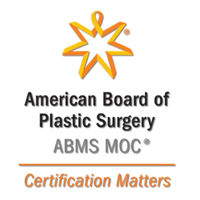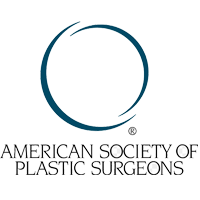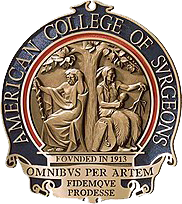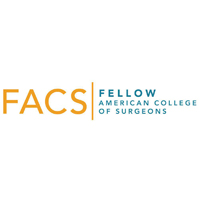1. Is HS contagious?
The disease is not contagious.
2. Is HS affected by diet?
Some suffering from HS have said a change in diet helps, and many have tried the Paleo diet. However, restricting certain foods may affect people in different ways. Keeping a food diary to learn what works for you might be the best way to determine certain foods trigger an outbreak or worsening of symptoms.
3. How do you treat patients with multiple areas affected by HS?
We often stage treatment allowing one affected area to be surgically addressed and after a period of 8-12 weeks, address the other areas.
4. Does HS run in families?
In most cases, the cause of Hidradenitis Suppurativa is unknown. The condition probably results from a combination of genetic and environmental factors.
5. What percentages of patients are cured by surgery?
Wide excision with reconstruction of the affected areas affords the highest chance of cure, with our patients experiencing greater than 95% cure.
6. When is surgery an appropriate treatment?
The decision to operate on those with HS depends on the condition of the affected areas. If there is an acute infection, the first step will be to address the infection with antibiotics as well as a first stage drainage. As the infection clears, a more definitive treatment will be necessary. In order to properly treat the HS in those areas, a wide excision needs to be performed to remove the disease bearing tissue followed by reconstruction using plastic surgery reconstructive techniques.
7. Do overweight individuals with HS get better once they lose weight?
When overweight patients who have HS lose weight, they seem to have fewer flare-ups. Losing excess body weight can make a difference.
8. Why does HS smell?
The odor comes from local infection of the apocrine glands. The odor is more pronounced when there is a flare.
9. Is there a prescription medicine used to treat HS?
There are many medications, with various costs, on the market that patients have used. The only group of medications I use in my patients is antibiotics in the setting of an infection. This is given to help treat the infection prior to definitive surgical treatment of the disease.
10. Will shaving make my HS worse?
This is a myth and not been shown to be an aggravating factor for HS.




